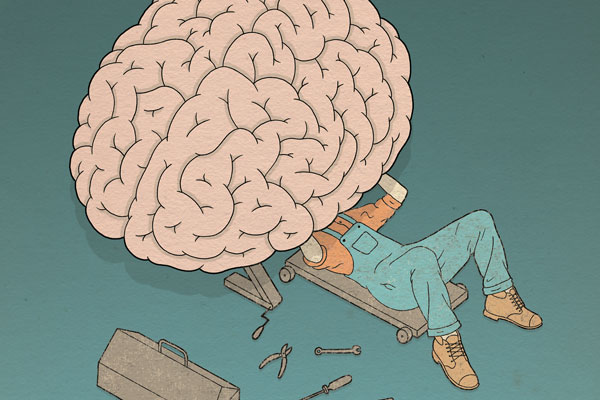The grants scheme will support our work to improve equality, diversity and inclusion (EDI) in the counselling professions. The focus of the project will be race, ethnicity and access to counselling.
A grant of up to £30,000 is available to an organisational member to deliver a project or initiative in partnership with a community-led partner organisation or group.
The project will improve access to counselling or coaching services for people from marginalised and racialised community backgrounds - adding to knowledge and learning about improving access to therapy.
The COVID-19 pandemic has brought greater attention to the long-standing and enduring health inequalities across the UK and highlighted a need for action.
People from marginalised and racialised community backgrounds are less likely to seek help for their mental health; this may be due to cultural stigmas associated with seeking help, people feeling that clinicians have a poor understanding of different cultural needs and expecting or experiencing racism within services.
There is evidence that people from racialised backgrounds are less likely to be offered suitable therapies, and Black people in particular are more likely to be involuntarily hospitalised or over-medicated in UK mental health services.
Applications for funding are invited from organisational members to work with a community-led partner organisation or group to address barriers to therapy. The project will increase knowledge and learning in the following ways:
- by increasing the understanding of stigma associated with mental health that prevents people seeking help and accessing counselling
- by addressing structural and cultural barriers that prevent people from accessing mainstream counselling service provision
- by improving the choice of service delivery models as a catalyst to making services more accessible and acceptable
A grants panel of people with professional and personal experience of a range of issues related to accessing third sector counselling services, and barriers faced by people from marginalised and racialised communities, has been convened in support of the scheme. The panel has supported the development of the project criteria and application processes. They will assess shortlisted applications and award the grant.
Panel-member Nick Rennie is also part of BACP’s task and finish group - developing our equality, diversity and inclusion strategy and understands the need to change the way services are delivered.
Nick said: “Within my community there are many barriers that prevent people from accessing counselling and mental health services. These include fear of judgement, shame, cultural beliefs, and the feeling of not wanting to tell people my business to share in the streets.
"More needs to be done to support BAME communities and the organisations that sit at the heart of them. I'm proud to support and be part of the new grants scheme for this reason and it's about time.”
The grants scheme reflects priority areas identified by a range of third sector organisations, including those that don’t offer psychological support, but work with marginalised communities. Jo Tyler works for The Bridge Plus in Norfolk and brings a different perspective to the grants panel.
Jo said: “I've worked with people from marginalised and racialised communities for a long time and I'm delighted to see BACP ‘s commitment to furthering understanding and developing good practice in the provision of accessible and appropriate mental health services for communities who have struggled for so long to benefit from mainstream mental health services. I hope this innovative project will bring us a step closer to understanding how services need to change to address this grave and enduring inequality and demonstrate that the barriers that have been constructed are not insurmountable.”
The successful project will be independently evaluated and the grant will be paid in three instalments on completion of project milestones that are agreed with BACP at the outset of the project. The grant-holding organisation is expected to remain an organisational member throughout the full duration of the funded project.
Please read the guidance document carefully and email Jeremy Bacon to express interest and receive access to the online application process.
The closing date for applications is Friday 7 January 2022.

Spotlight: Addressing barriers to inclusion
Meet the BACP members who have joined our new Task and Finish Group to improve equality, diversity and inclusion within our Association. Therapy Today, July/August 2021

Influencing decision makers
We work with with politicians and decision makers from all four nations to help them understand the positive changes that counselling can make to people's lives.

News from BACP
Read our recent press releases, statements, campaigns and news for members.
